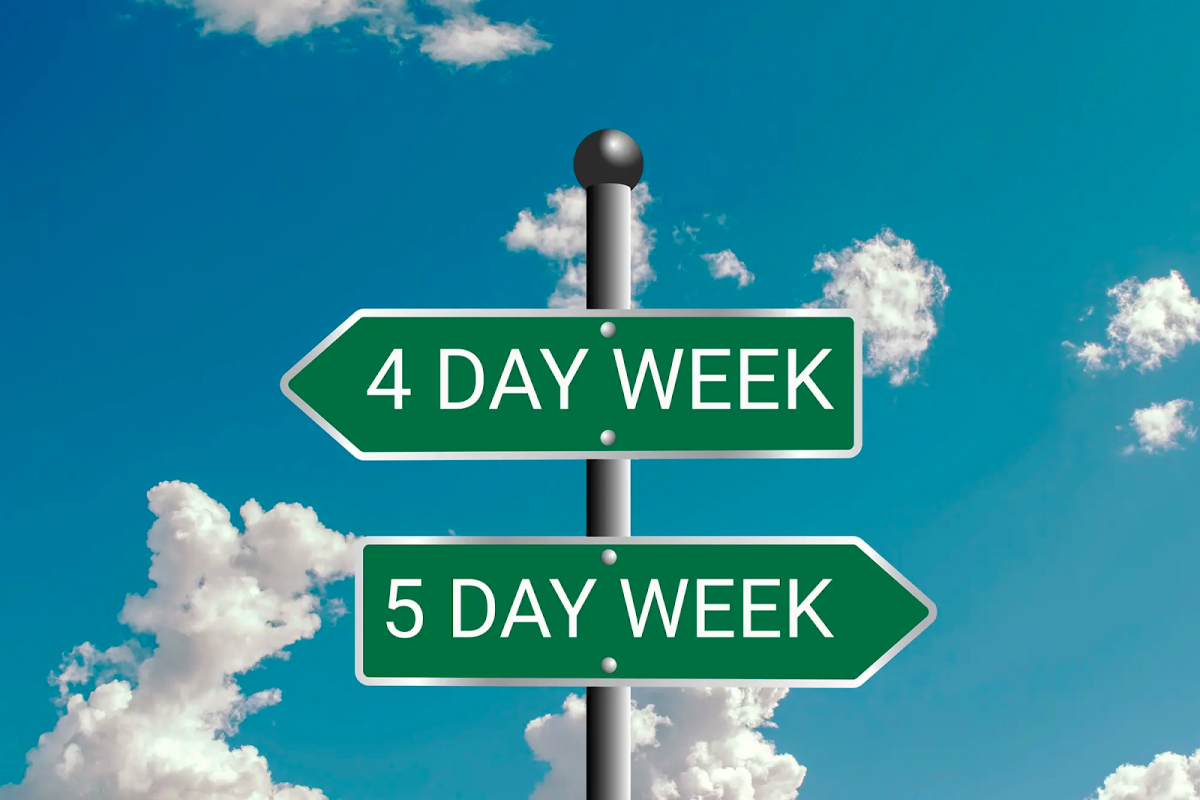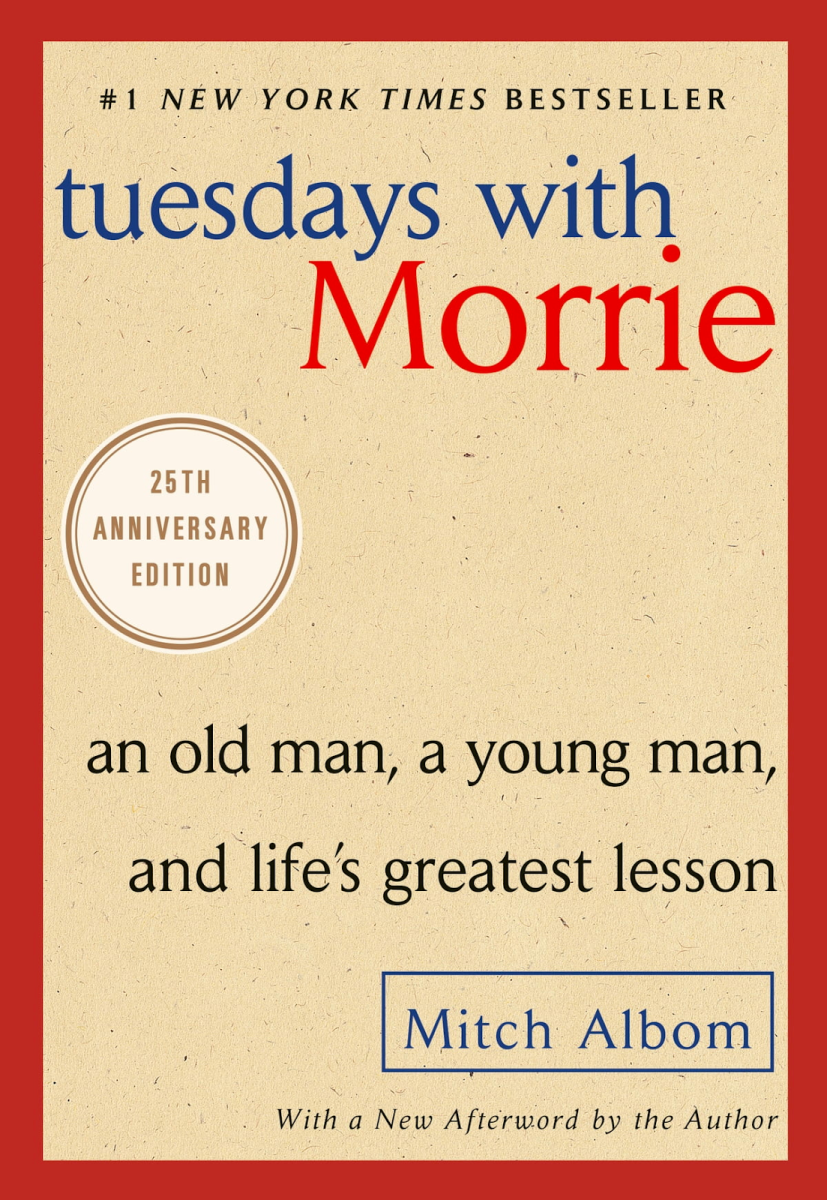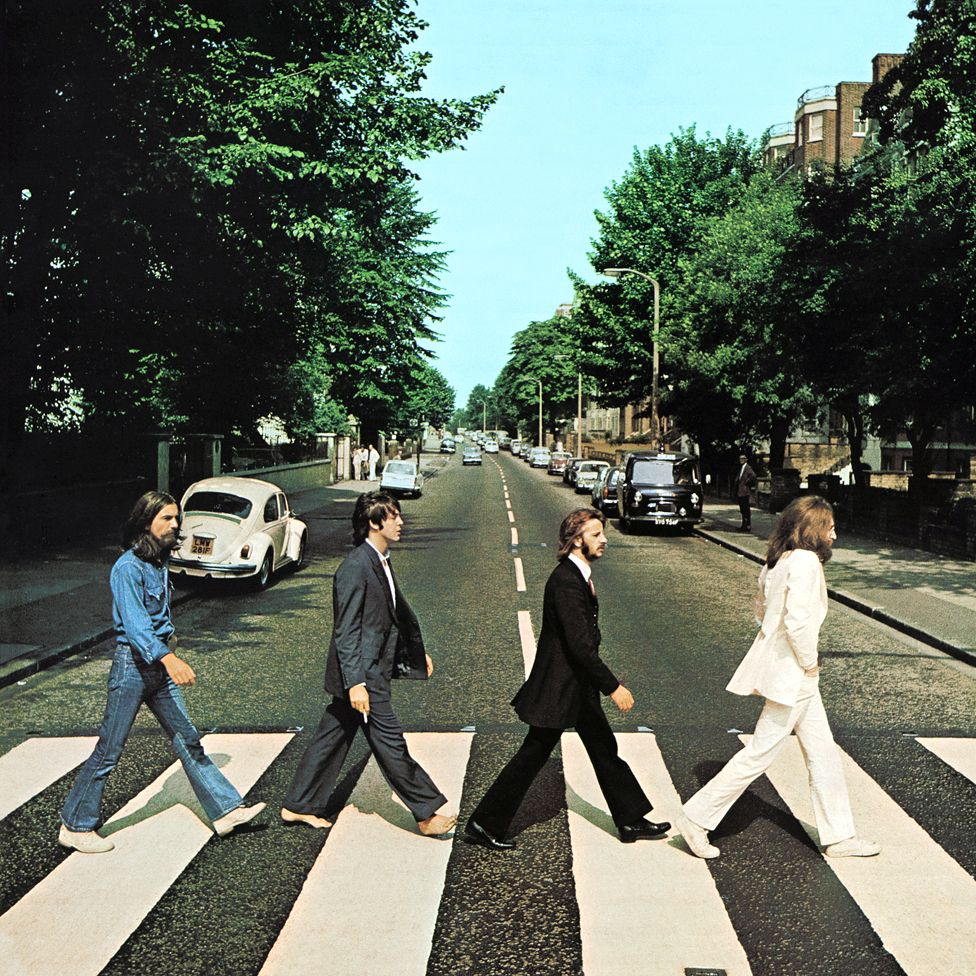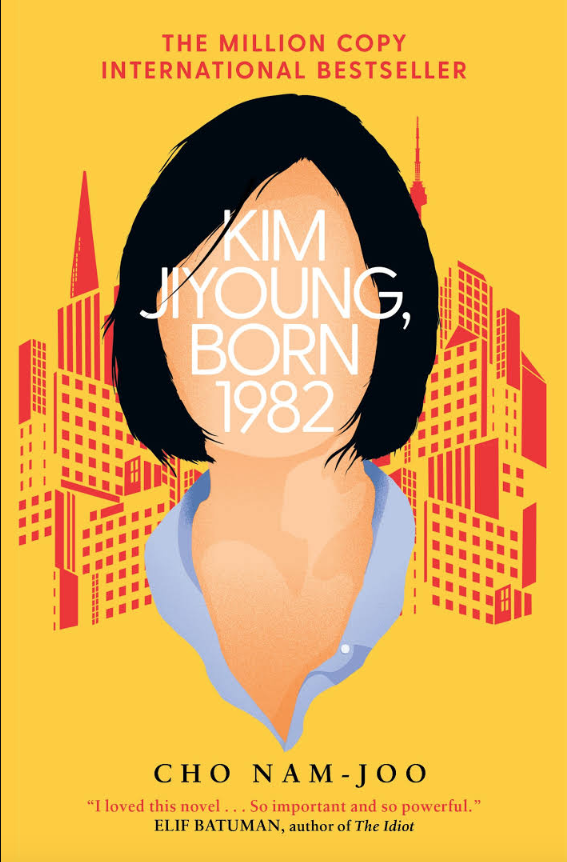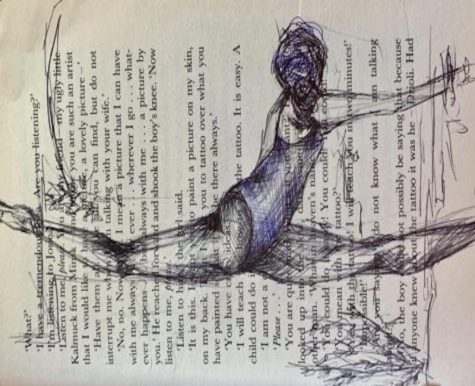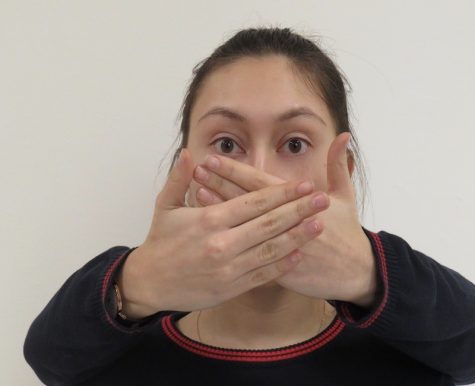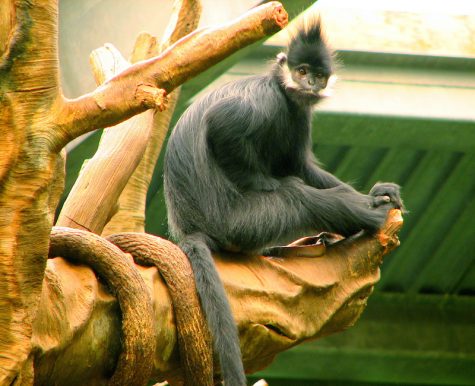The Power of Insensitivity
Highly sensitive person, or HSP, is a term coined by psychologist Elaine Aron. According to research, in every five people, there’s one HSP. Being a highly sensitive person can come with many challenges. HSPs have strong self-consciousness; they may struggle to adapt to new circumstances, demonstrate seemingly inappropriate emotional responses in social situations, and easily become uncomfortable in response to light, sound or certain physical sensations. That’s where the need to be insensitive comes from.
The power of insensitivity can be interpreted as “sluggish power”. It was first mentioned by the Japanese author Junichi Watanabe. Usually, people associate “insensitivity” with something bad, but insensitivity does not equal dullness. It emphasises the endurance to difficulties, that is, calmly facing the setbacks and downtime in life and firmly moving towards one’s own direction. It is the “means and wisdom to win a better life”, as Junichi writes in the book “the power of insensitivity”. Do you know why women are more likely to survive when a haemorrhage hits than men? Because they are insensitive to blood loss. No man can bear the pain of giving birth, while women can give birth year after year because they are insensitive to pain. Once women become a mum, they become single-minded and insensitive. Their sense of dress changes drastically as they tend to please themselves rather than others. Their love for the kids never fades because it is insensitive. As Junichi points out, the world will be a better one if we focus on the major goals and stay insensitive to anything else. “Watch out for the hurdles but stop lingering on the pain if they ever hurt you”.
One of the important reasons why insensitivity allows a person to better survive and adapt in a competitive environment is that behind insensitivity is strong self-awareness or self-confidence. Knowing yourself is difficult, but knowing yourself correctly is undoubtedly an excellent ability. One of the qualities shared by many successful people is: they all clearly know where their strengths are, what they can do, what they want, and what direction to go.
Here are some tips for practising “insensitivity”:
- Be more “cheeky”, ask what you want to ask, and say what you want to say.
- Don’t pay too much attention to the ups and downs of life at the moment; rather, you should be looking forward.
- Don’t pay too much attention to other people’s lives, and don’t be over-sensitive and speculate on other people’s thoughts.
- Regarding relationships, learn to view the problem as two parts. One part is what I need to face and solve. It is related to my behaviour and attitude, which is also my responsibility, while the other part is the responsibility of others. The general principle is that: don’t interfere with other people’s subjects and don’t let others interfere with your own subjects.
I hope everyone can obtain the ability to be insensitive. Once you become a bit “blunt” and slow down the pace, you will feel more comfortable.


